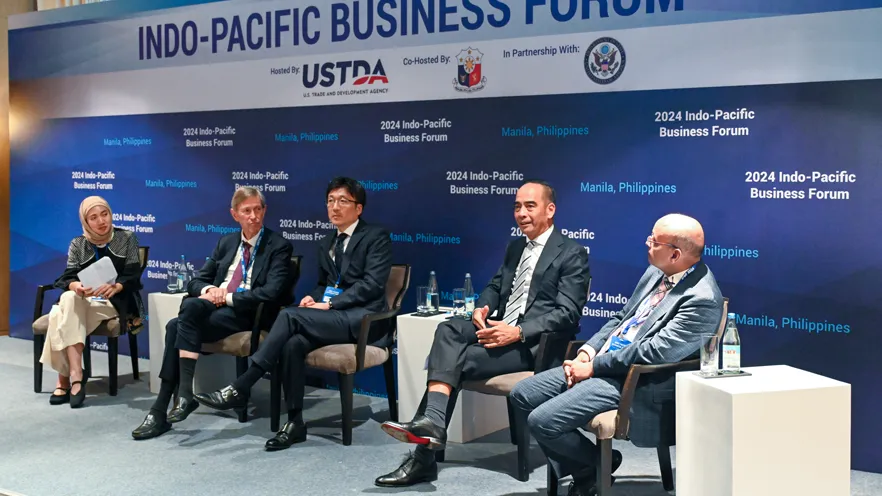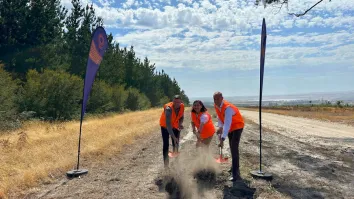
Aboitiz Power calls for regional cooperation to enhance energy workforce
Countries should leverage their edge to develop the manpower.
Amidst a competitive global and local market for talent, Aboitiz Power President and CEO Emmanuel Rubio urged countries in the Indo-Pacific region to work together to develop the skilled workers the energy sector needs as countries transition to clean energy.
In a panel discussion during the 2024 Indo-Pacific Business Forum, Rubio said each country should tap into their competitive advantage then have the region work to maximise the benefits for all members.
“If we really would like to move forward, one of the things that we can consider is developing centres of excellence in different countries,” he explained.
“Maybe Thailand can specialise in one area [and so can] the Philippines, Indonesia, [and so on and so forth]. Maybe that’s something we can actually consider in terms of regional cooperation. Talent is critical,” he added.
The other members of the panel recognised that developing and retaining skilled workers for clean energy transition is a challenge for all and does need collaboration.
Aboitiz Power currently has a partnership with Japanese firm JERA Co., Inc. for exchanging talents to share manpower and learn from each other’s expertise and experience.
Regarding initiatives to develop renewable energy capacities in the Philippines, Rubio noted the Green Energy Auction Program (GEAP) and the electricity spot market that provide an avenue for uncontracted capacity. These serve as incentives to build more renewable energy facilities.
Still, power companies in the Philippines continue to face challenges, he said. One is the lack of a transmission connection especially for renewables like hydro and wind, he noted.
To support Manila’s target of 35% renewable share in the nation's energy mix by 2030 and 50% by 2040, Aboitiz Power eyes building 4,600 megawatts of new renewable energy capacity by 2030. This includes projects in solar, wind, geothermal, hydro, and energy storage systems.
“We will [be expanding our capacities] with much less carbon intensity and that will be our contribution,” Rubio added, while also mentioning the inclusion of liquified natural gas as a transition fuel to address intermittencies.



















 Advertise
Advertise







